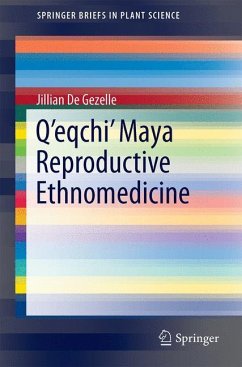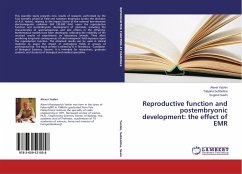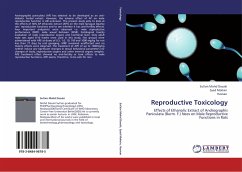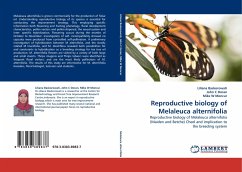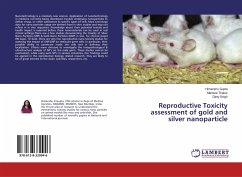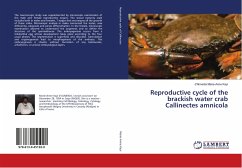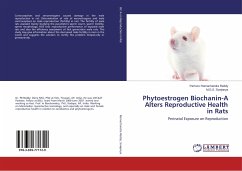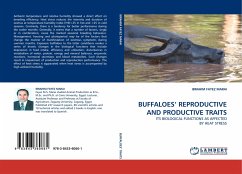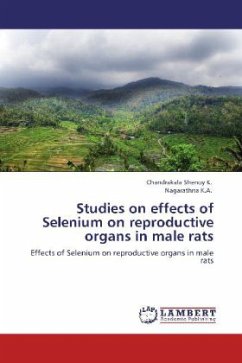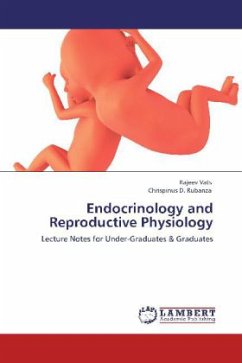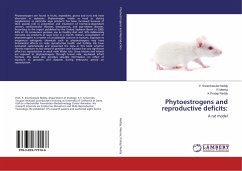
Phytoestrogens and reproductive deficits:
A rat model
Versandkostenfrei!
Versandfertig in 6-10 Tagen
51,99 €
inkl. MwSt.

PAYBACK Punkte
26 °P sammeln!
Phytoestrogens are found in fruits, vegetables, grains and nuts and most abundant in soybeans. Phytoestrogen intake as food or dietary supplements, in particular soya products has been increased because of their pivotal role in prevention and treatment of hormone-dependent cancers, cardiovascular diseases, osteoporosis, and age-related diseases. According to the report published by the United Soybean Board in 2009, 84% of US consumers perceive soy as healthy diet and 32% deliberately consume soy products at least once in a month. Dietary consumption of phytoestrogens is a matter of considerabl...
Phytoestrogens are found in fruits, vegetables, grains and nuts and most abundant in soybeans. Phytoestrogen intake as food or dietary supplements, in particular soya products has been increased because of their pivotal role in prevention and treatment of hormone-dependent cancers, cardiovascular diseases, osteoporosis, and age-related diseases. According to the report published by the United Soybean Board in 2009, 84% of US consumers perceive soy as healthy diet and 32% deliberately consume soy products at least once in a month. Dietary consumption of phytoestrogens is a matter of considerable concern in humans. Exposure to exogenous estrogenic chemicals such as phytoestrogens may have detrimental effects on male reproductive health and fertility. We have evaluated systematically and presented the data in this book whether chronic exposure to low doses of genistein and diadzein has any significant effect on reproduction in adult male Wistar rats. Since fetuses and infants are exposed to phytoestrogens through breast milk, soy-based infant formula, this book also provides valuable information on effect of exposure to genistein and diadzein during embryonic period on reproduction.



